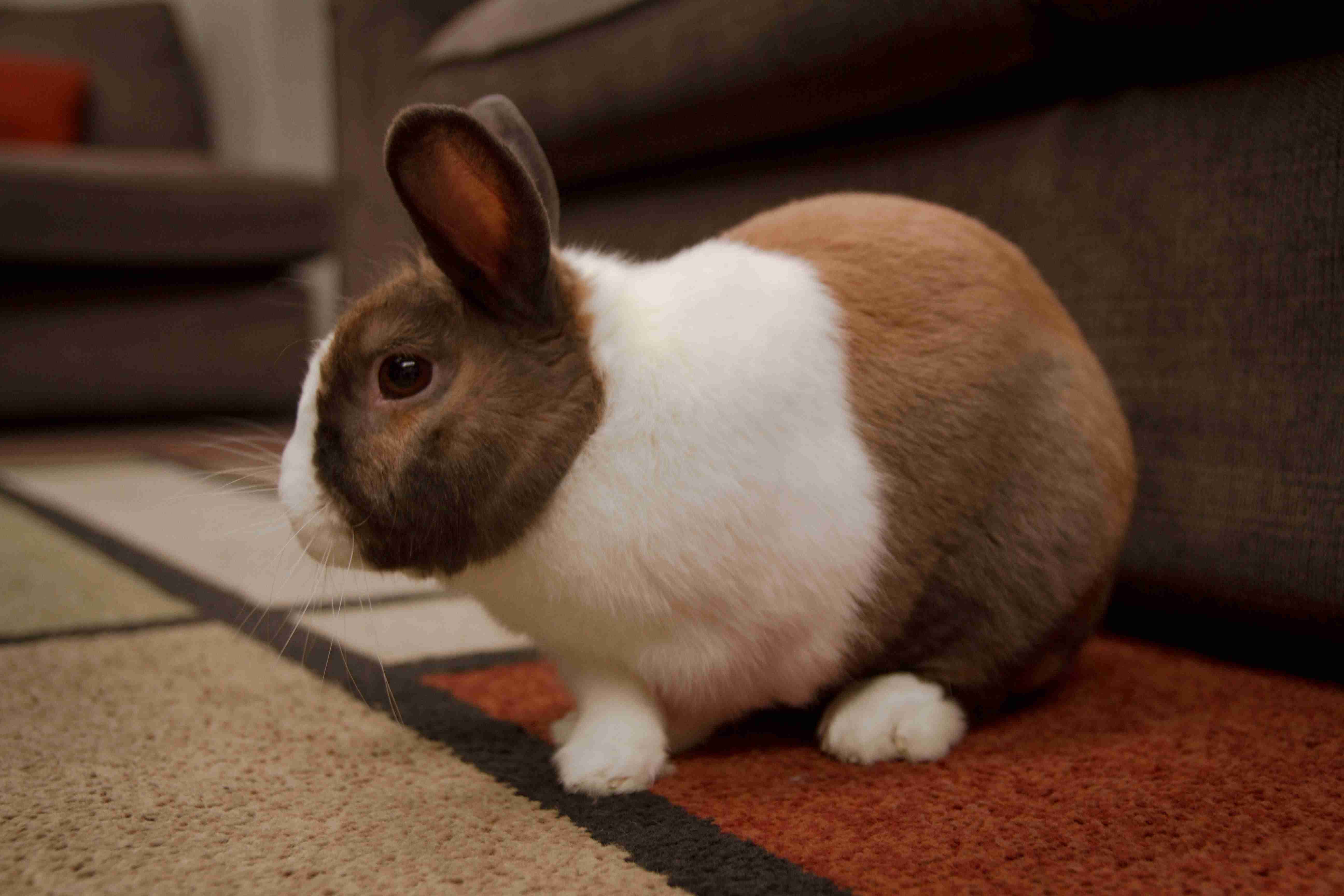Rabbits are popular pets known for their cuteness and unique personalities. However, like any other animal, they can sometimes exhibit behavioral issues that can be challenging for their owners to address. Common issues in rabbits include chewing on furniture or wires, aggression towards humans or other animals, and difficulties with litter training. However, with proper knowledge and a gentle approach, these problems can be resolved. In this blog post, we will discuss how a couple can address common behavioral issues in rabbits, providing helpful tips and insights.
Understanding the Behavior of Rabbits
Before addressing specific behavioral issues, it is important to have a basic understanding of rabbit behavior and needs. Rabbits are social animals and need mental and physical stimulation to stay happy and healthy. They are also highly curious creatures and need appropriate outlets for their natural behaviors, such as digging and chewing. By providing an enriching environment and positive reinforcement, many common behavioral issues can be prevented or resolved.
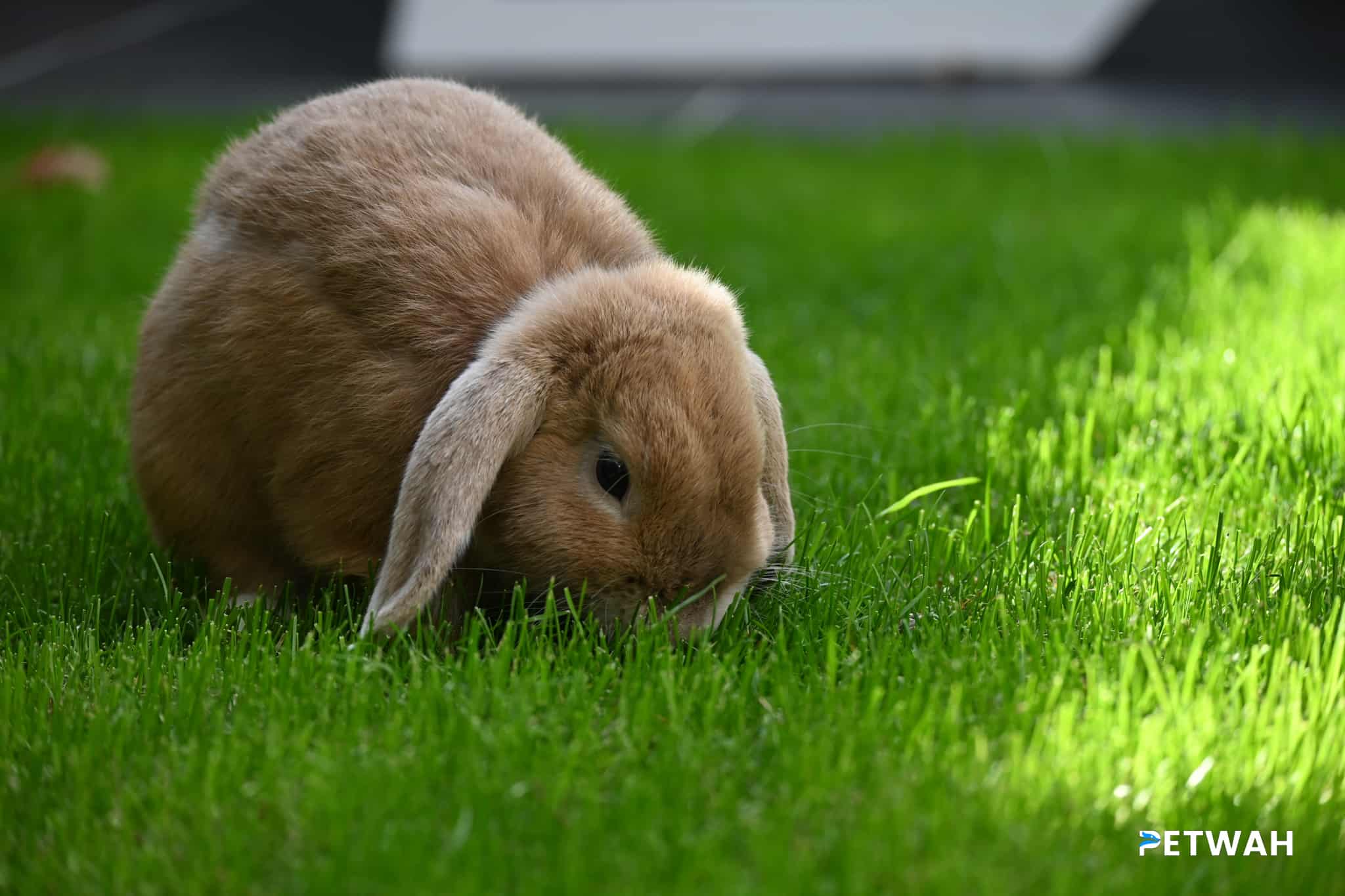
Addressing Chewing Behavior
Chewing is a natural behavior for rabbits, and it is important to provide them with appropriate chew toys to help keep their teeth healthy and alleviate their need to chew on other household items. Here are some tips for managing chewing behavior in rabbits:
– Provide a variety of safe and appropriate chew toys, such as untreated wooden toys or cardboard tubes.
– Ensure that the rabbit has plenty of hay to chew on, as this is not only good for their teeth but also their digestion.
– Use taste deterrents like bitter apple or vinegar on items you don’t want the rabbit to chew on.
– Rabbit-proof your home by removing any toxic substances or valuable items from their reach.
Managing Aggression in Rabbits
Aggression in rabbits can be caused by various factors, such as fear, territorial behavior, hormonal changes, or lack of socialization. Here are some strategies to address aggression in rabbits:
– Identify the triggers for aggression and try to avoid or modify the situations that lead to aggressive behavior.
– Provide a safe and comfortable living environment for the rabbits, with plenty of hiding spots and separate spaces if necessary.
– Consult with a veterinarian or rabbit behaviorist to rule out any underlying health issues that may be causing aggression.
– Consider spaying or neutering the rabbits, as this can help reduce territorial and hormonal aggression.
– Gradually introduce the rabbits to each other or to other animals through supervised and controlled interactions.
FAQ:
Q: Can rabbits be trained like dogs or cats?
A: Yes, rabbits can be trained using positive reinforcement and gentle methods. They can learn tricks, use litter boxes, and respond to their names.
Q: How often should I clean my rabbit’s litter box?
A: It is recommended to clean the litter box daily to maintain good hygiene and prevent any unpleasant smells.
Q: What should I do if my rabbit is not using the litter box?
A: If your rabbit is not using the litter box, try changing the type of litter or the location of the box. Provide positive reinforcement when they do use it.
Q: Can rabbits be destructive to furniture or carpet?
A: Yes, rabbits have a natural need to chew and explore, which can lead to them causing damage to furniture or carpet. Providing appropriate chew toys and rabbit-proofing your home can help redirect their behavior.
Q: Should I keep rabbits in pairs or as single pets?
A: Rabbits are social animals and generally prefer living in pairs or small groups, as long as they are properly bonded and have enough space. However, some rabbits may prefer to live alone, especially if they have not been socialized properly.
Conclusion:
Rabbits can sometimes exhibit behavioral issues that can be challenging for their owners to address. However, with a little patience, understanding, and the right approach, common issues such as chewing or aggression can be managed effectively. By providing appropriate chew toys, a stimulating environment, and using positive reinforcement, rabbits can learn and adapt to desired behaviors. If you need further assistance or guidance, consult a veterinarian or a rabbit behaviorist. Remember, a happy and well-behaved rabbit can bring immense joy and companionship to your life.
For more information on caring for rabbits and addressing their behavioral issues, visit PetWah.com – a comprehensive resource for all your pet needs.


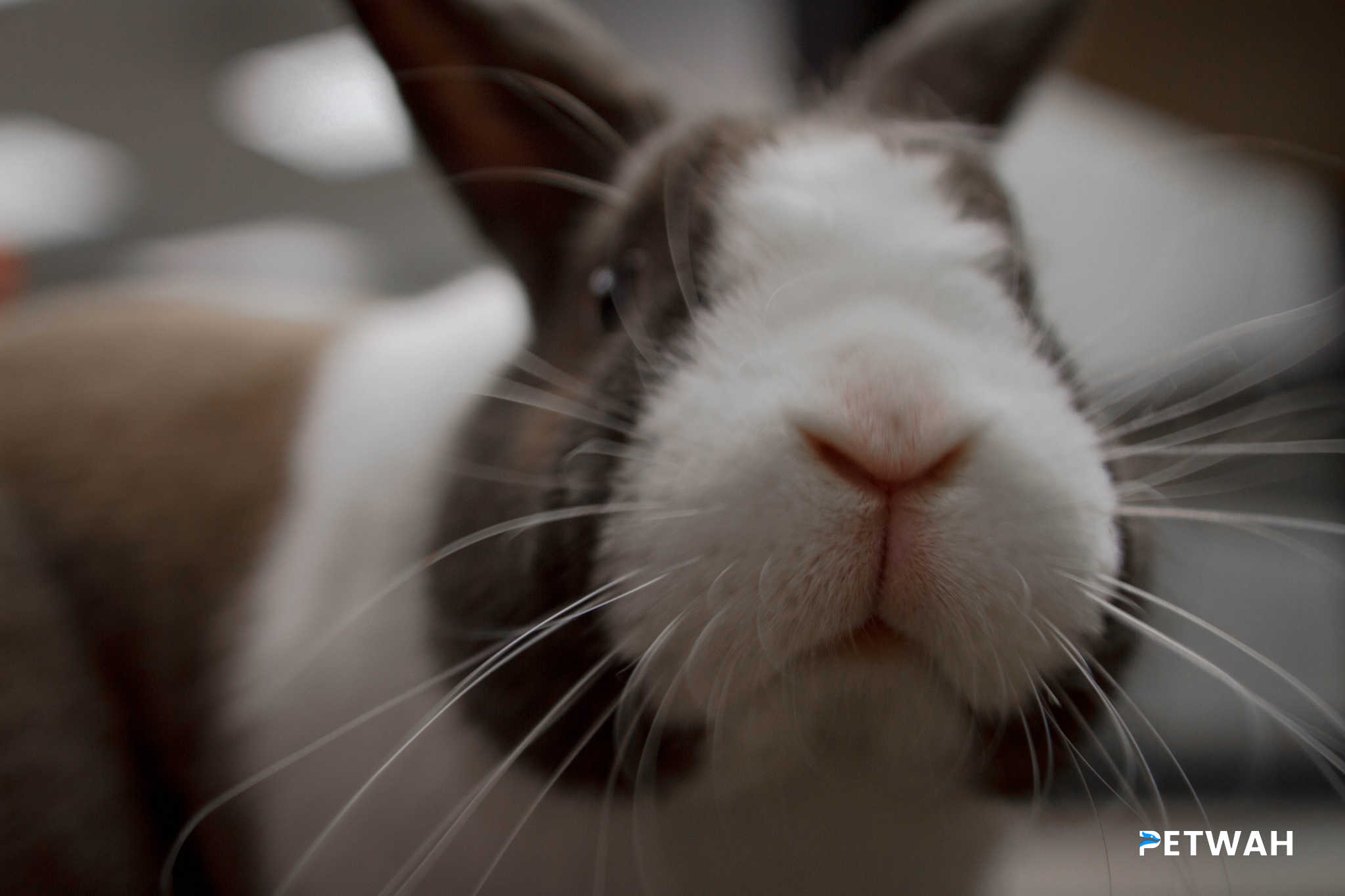
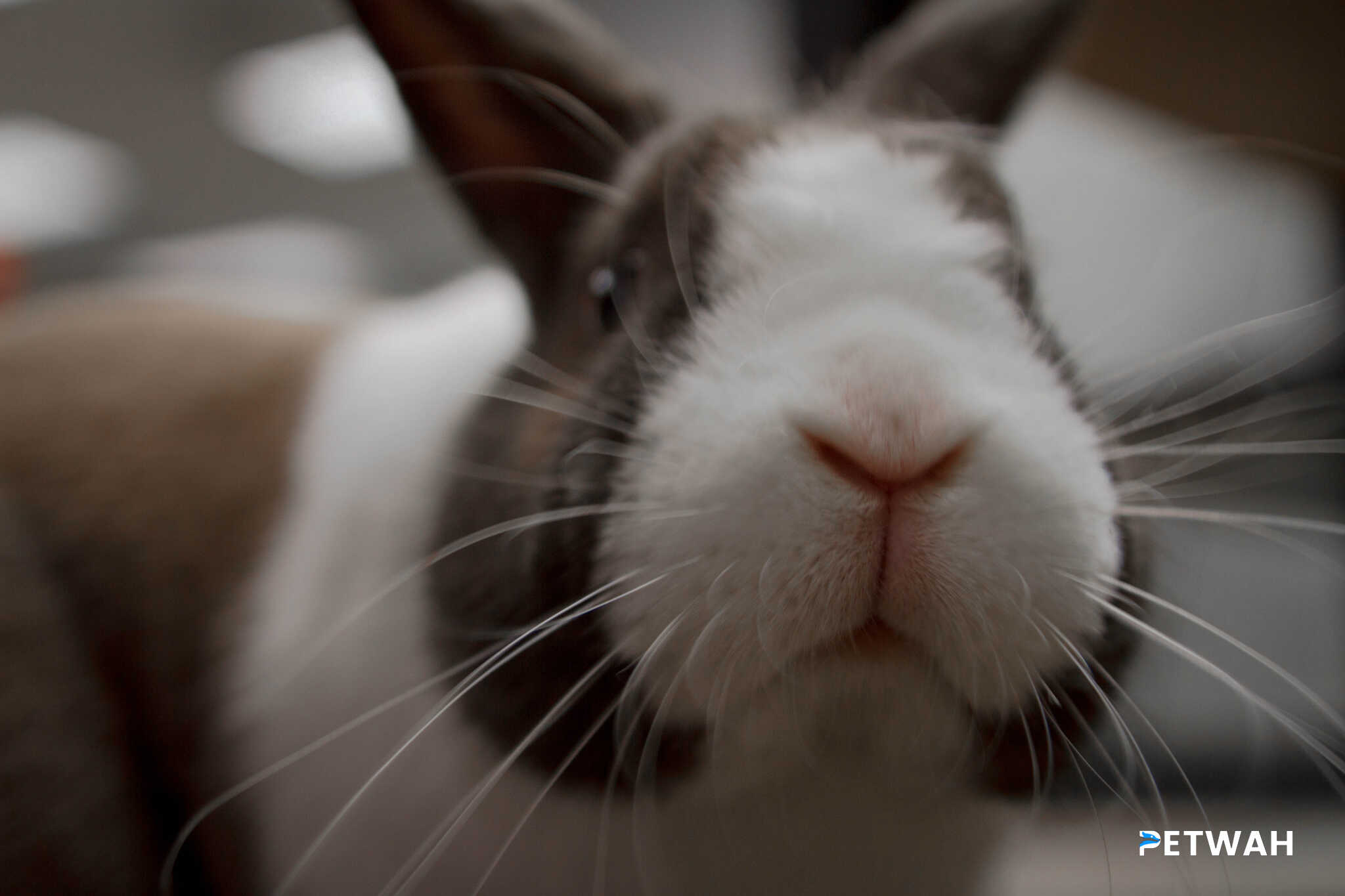
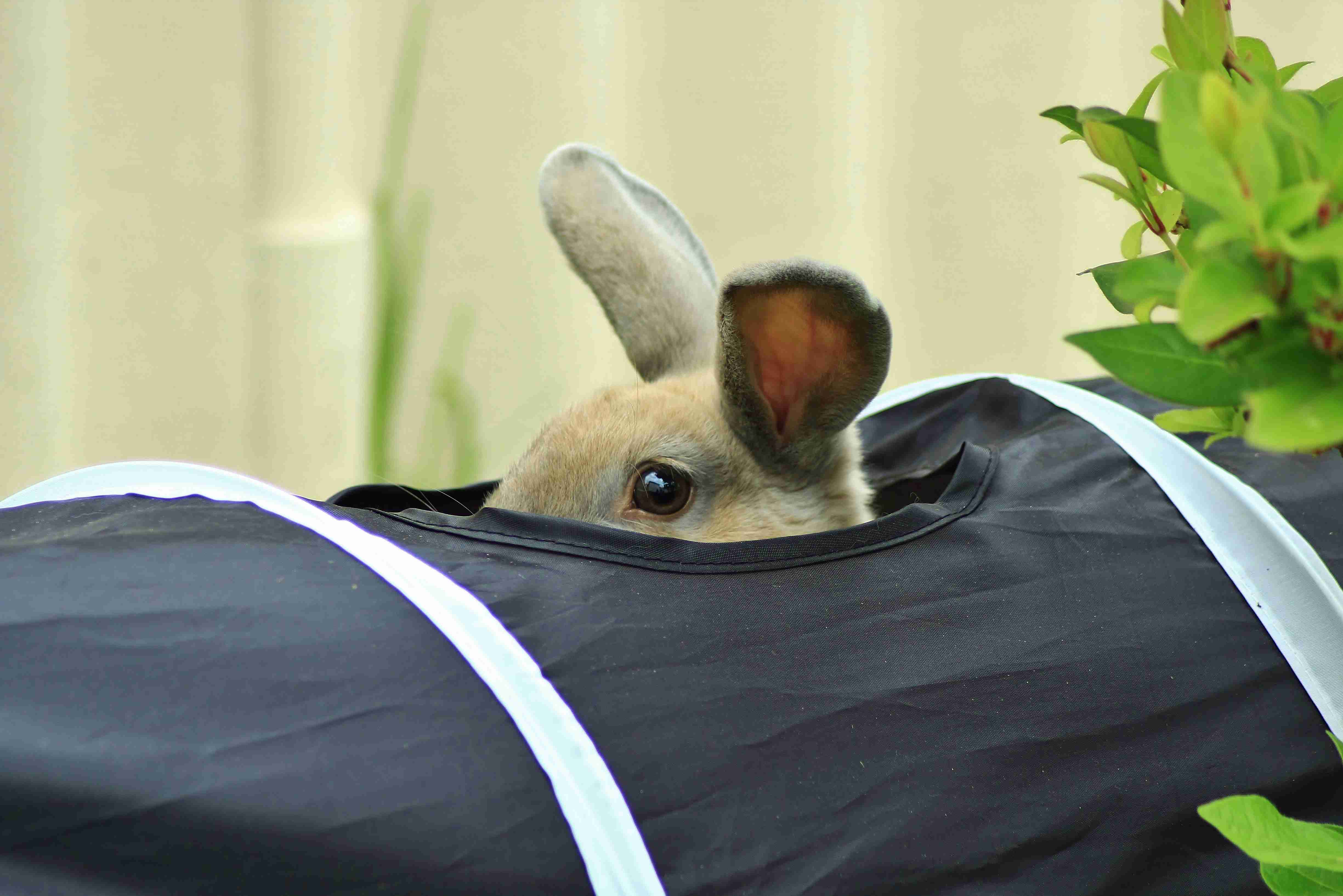
.jpg)

